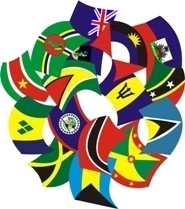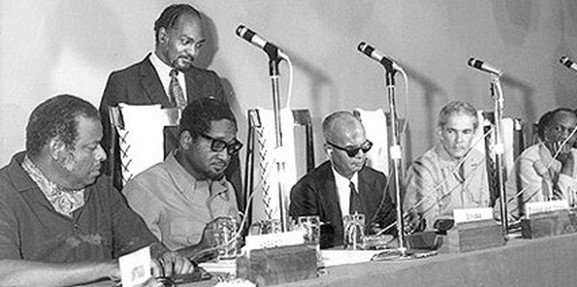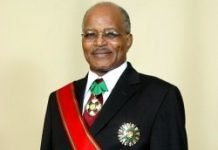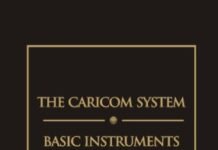The Caribbean Community was created in response to set of political, economic and social circumstances facing the English-speaking Caribbean nations. After independence these nations had to decide how they could strengthen their economies, promote regional cooperation, and present a united front to the external world.
Accordingly, the British West Indies Federation, a political union consisting of ten territories was formed under aegis of the British government. The Federation was intended to foster political unity and regional integration, but these aims were dogged by disagreements over such issues as economic policies, resource sharing, and the central authority of the Federation. The Federation collapsed in acrimony in 1962 and a manner that was to have and continues to have a pychological effect on the entire question of Caribbean integration.
The integrity of the integrity process was rescued by Dr Eric Williams, the Prime Minister of Trinidad and Tobago, than whom there has been no greater servant of Caribbean unity. He organised a series of conferences of the Leaders of the Commonwealth Caribbean countries from 1962 to 1965 until the Prime Ministers of Guyana, Barbados, and Antigua and Barbuda took the important step of signing the Dickenson Bay Agreement which led to the Caribbean Free Trade Area ( CARIFTA). The principal aim of this organisation was encourage free trade and economic cooperation. But the main leaders ( Guyana, Trinidad and Tobago, Barbados and Jamaica) of the integration movement of the region recognised that free trade and economic cooperation were not a sufficient condition for survival. On July 4th 1973, therefore, they signed the Treaty of Chaguaramas inaugurating an entity which was expanded to include such areas as health, education, foreign policy coordination, and collective security.
Facing such significant issues as market size, dependence on imported goods, vulnerability to natural disasters, the intergration was seen as means to pool resources strengthen bargaining power and promote the ethic of a shared approach to critical issues. Since its formation CARICOM has grown to include fifteen full members and five associate members. It has also worked for deeper integration through the creation of Single Market and Economy ( CSME) which aims to allow the free movement of goods and services, labour and capital across member states.






